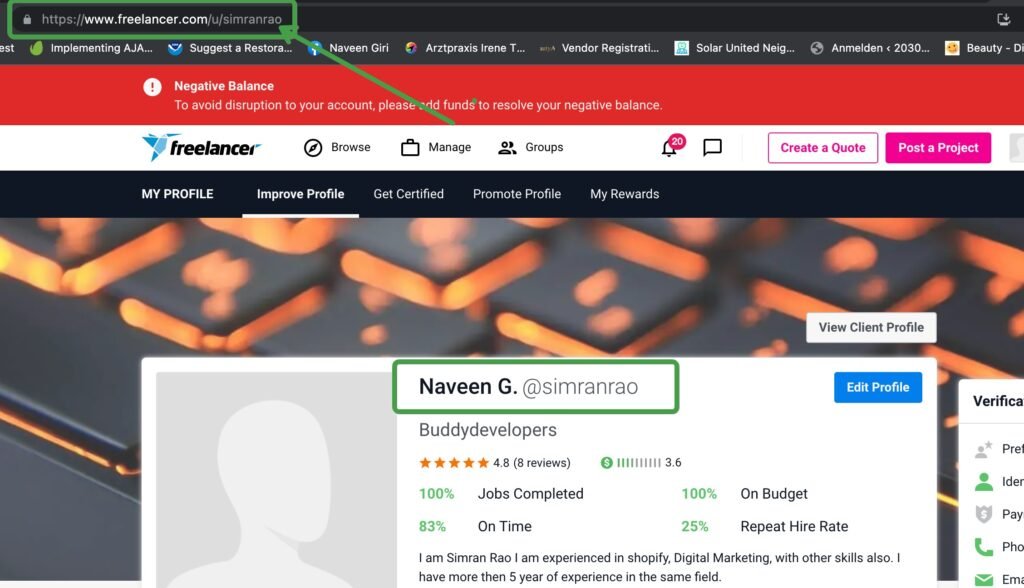Freelancing in WordPress can be considered relatively easy for several reasons, but it’s important to note that the ease of freelancing in any field depends on various factors, including your skills, experience, and the demand in the market. Here are some reasons why freelancing in WordPress is often considered accessible:
Open Source Platform:
WordPress is an open-source content management system (CMS) that’s widely used for building websites. This means there are no licensing fees, and the software is freely available for anyone to use and learn. As a freelancer, you don’t have to invest in expensive software or tools, which lowers the barrier to entry.
Abundant Resources:
There is a wealth of resources available online to help you learn WordPress, from official documentation to numerous tutorials, forums, and communities. You can quickly acquire the knowledge and skills needed to work with WordPress.
Low Overhead:
Freelancers typically work from home or a remote location, which means lower overhead costs compared to running a brick-and-mortar business. You can work with just a computer and an internet connection.
Wide Client Base:
WordPress powers a significant portion of websites on the internet, ranging from small personal blogs to large e-commerce sites. This broad usage results in a wide client base, from individuals to small businesses and even larger organizations, creating many potential opportunities for freelance work.
Diverse Services:
Freelancing in WordPress can encompass a wide range of services, including website development, design, maintenance, SEO, content creation, e-commerce solutions, and more. This diversity allows you to choose the niche or service that best matches your skills and interests.
Flexibility:
Freelancing offers flexibility in terms of work hours and location. You have the autonomy to choose your projects and clients, which can lead to a better work-life balance.
Portfolio Building:
As you complete projects for clients, you can build a portfolio to showcase your skills and experience. A strong portfolio can attract more clients and higher-paying projects.
Scalability:
You can start small and gradually scale your freelancing business as you gain more experience and clients. Many successful WordPress freelancers eventually expand their services or create agencies.
Despite these advantages, it’s important to note that freelancing in WordPress, like any freelancing endeavor, has its challenges. Competition can be fierce, and staying updated with the latest WordPress developments and trends is crucial. Additionally, you’ll need to handle administrative tasks, such as client management, invoicing, and marketing, which can be time-consuming.
Success in freelancing ultimately depends on your skills, dedication, and ability to effectively market your services. While WordPress may offer a relatively accessible platform, your commitment and business acumen will play a significant role in your freelancing success.


